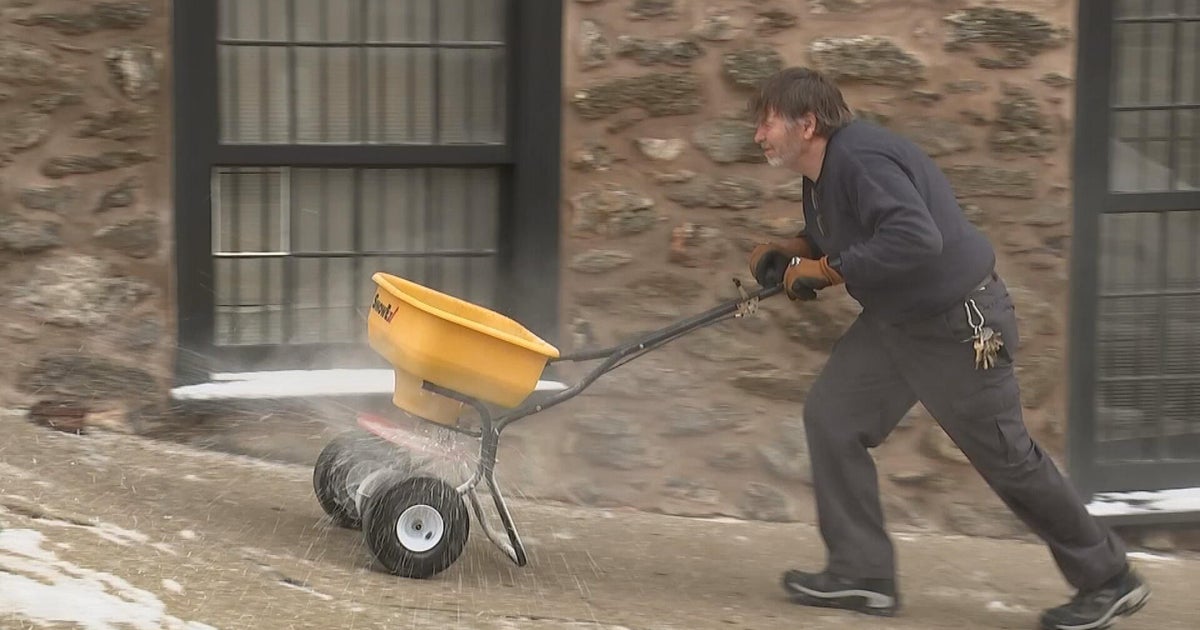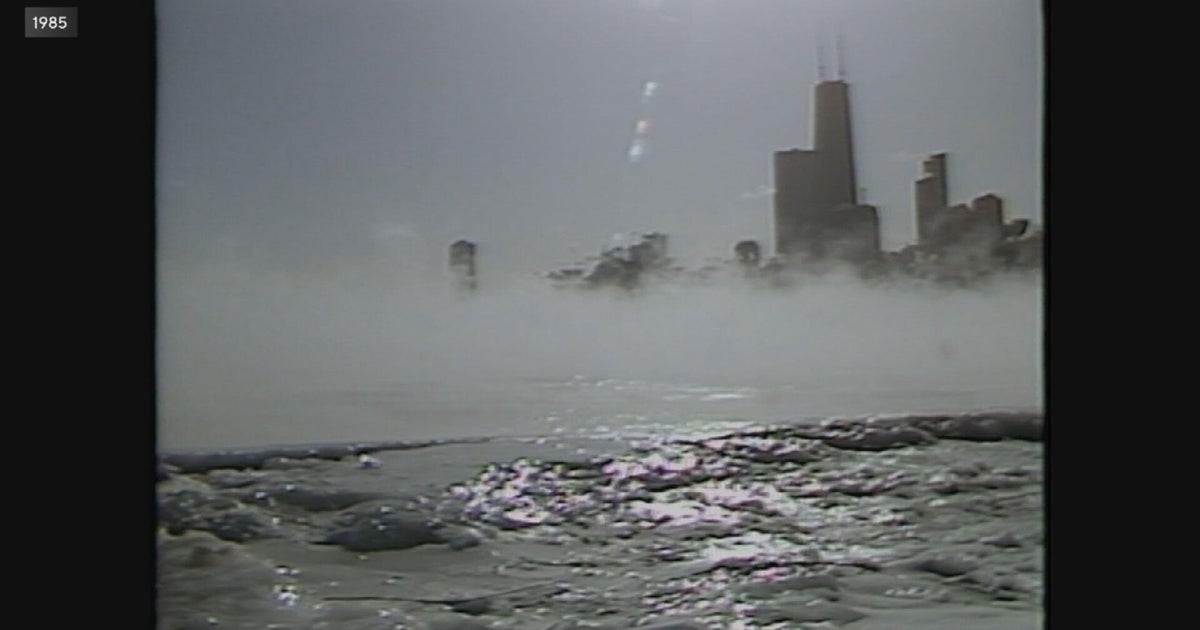Expert Has Advice For Keeping Cars Starting In Extreme Cold
DENVER (CBS4) - The single digit temperatures that moved into the Denver metro area could cause some problems for vehicles.
4 On Your Side Consumer Investigator Jodi Brooks decided to head to an expert to find out the best way to prepare a vehicle for the extreme cold.
It starts with anti-freeze. A 50/50 premix is recommended. Keep windshield wiper fluid topped off, and check the tires. Pay close attention to the tread, and if there is a lot of snow on the ground it's recommended to let a little air out of the tires for better traction.
But the number one call that AAA gets when the weather gets cold is about vehicles that don't start because the battery is dead.
If there's any chance a vehicle might not start in the morning, the battery is likely to blame. There are some things to do to prevent batteries from dying in the cold.
"Start your car up and let it run until the engine is warm. That's going to both recharge the battery and warm up the battery as well," Downing Street Garage owner Douglass Kirchdorfer said.
But Kirchdorfer suggests not stopping there. Once the battery is warm, turn the vehicle off, grab a blanket or some towels, and cover the battery and close the hood.
"Because a warm battery will start the car much better than a cold battery," he said. "All you're trying to do is retain the heat in the battery that you've generated by letting the engine run."
If a vehicle won't turnover in the morning, another idea starts in the kitchen.
"You pour hot water over the battery, and what you're doing is warming up the battery," Kirchdorfer said.
He said to use boiling hot water, because the hotter the better.
"It's not going to hurt anything. It's just water. It's not going to short out the battery or anything."
Kirchdorfer even suggests getting another pot off the stove. The more water the better.
"Because what you're trying to do is warm up the inside of the battery."
The only other option to ensure a vehicle starts is a buying a battery tender, which is like a battery charger. Any auto parts store carries one.
"You plug it into the house current, you hook it up to your battery, you leave it on your battery. If you're not going to drive your car for two or three days, it's certainly not going to hurt anything, and that will keep your battery fully charged."
Remember, it's the battery that makes the vehicle start.
It's also a good idea to have the battery tested. The test is simple and looks at the battery's reserve capacity. At the Downing Street Garage six out of 10 batteries tested fail.







